It’s hard to prepare for something you can’t predict. However, there are simple ways you can start so that when the time comes, you don’t contribute to any sort of panic and, instead, have more peace of mind. Many of us have likely witnessed or been a part of the mad dash to the grocery store to stock up on toilet paper, bread, and more. A positive? RELiON batteries can help when it comes to your process during a crisis or survival preparation.
You Need Backup Power
Lithium battery backup power can be are very useful as a source of electricity for your home during power outages. Lithium-ion technology provides you with backup power to run your lights and appliances when your electricity goes out. You'll even have complete control over when to use your electricity.
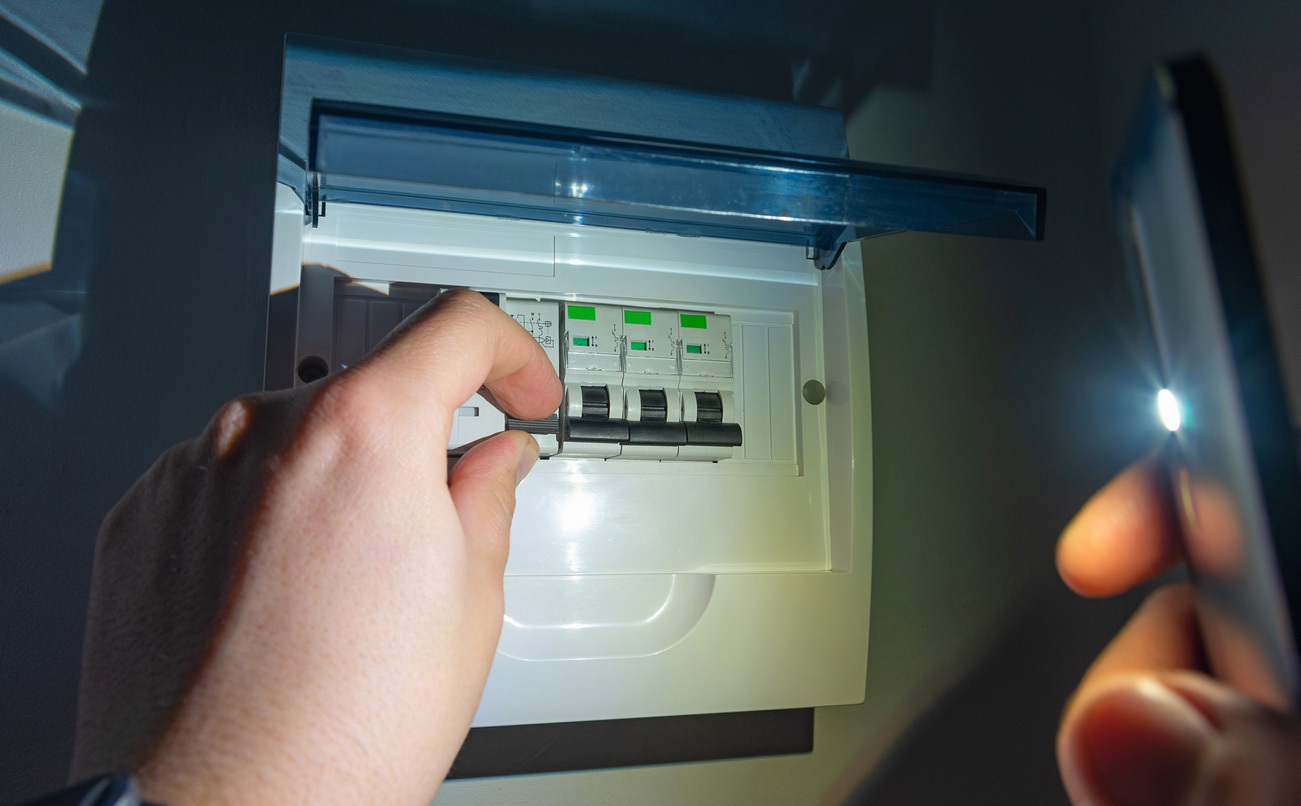
Advantages of Lithium Batteries
Lithium batteries have many advantages over traditional generators for a backup power source. They are less intrusive, are more reliable, and are zero noise and zero emission, making them more comfortable for you and your neighbors to have in service. Lithium battery backup power supplies also require little maintenance beyond ensuring the batteries are fully charged. While quality lithium batteries may cost more at the point of sale, maintenance and fuel costs make generators more expensive over the life of the unit.
Make Sure You Have Enough Power
Lithium batteries are an effective energy storage device, but they also need to provide enough power for your application. When sizing your battery bank, base everything on the most amount of power you might someday need. If you build your bank with one more battery than you really need, you’ll always have spare capacity and life span.
Can You Power Your Home With Solar Batteries?
Solar panels paired with lithium batteries make a good combination for home backup power because they work well when the usual energy supplies, like the electric grid and gas stations, are unavailable or inaccessible. Solar panel arrays can be connected to recharge your batteries as well as power your home. In a situation where you are without electricity from the grid for a few days, the combination of solar power during the day and solar power-charged batteries overnight can minimize the disruption to your home’s power.
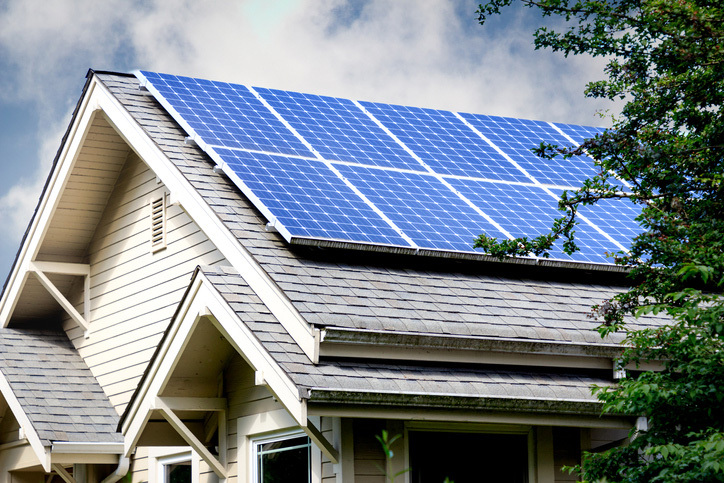
RELiON Batteries For Backup Power
RELiON’s product portfolio is large, and we offer several options that could come in handy for backup battery power during power outages, storms, and more. In the chart below, we’ve listed some of our batteries that would be great for emergency kits paired with a small inverter. Keep in mind, the estimates are based on average watt ratings of appliances. Actual results will vary based on your specific devices and the length of time using each.
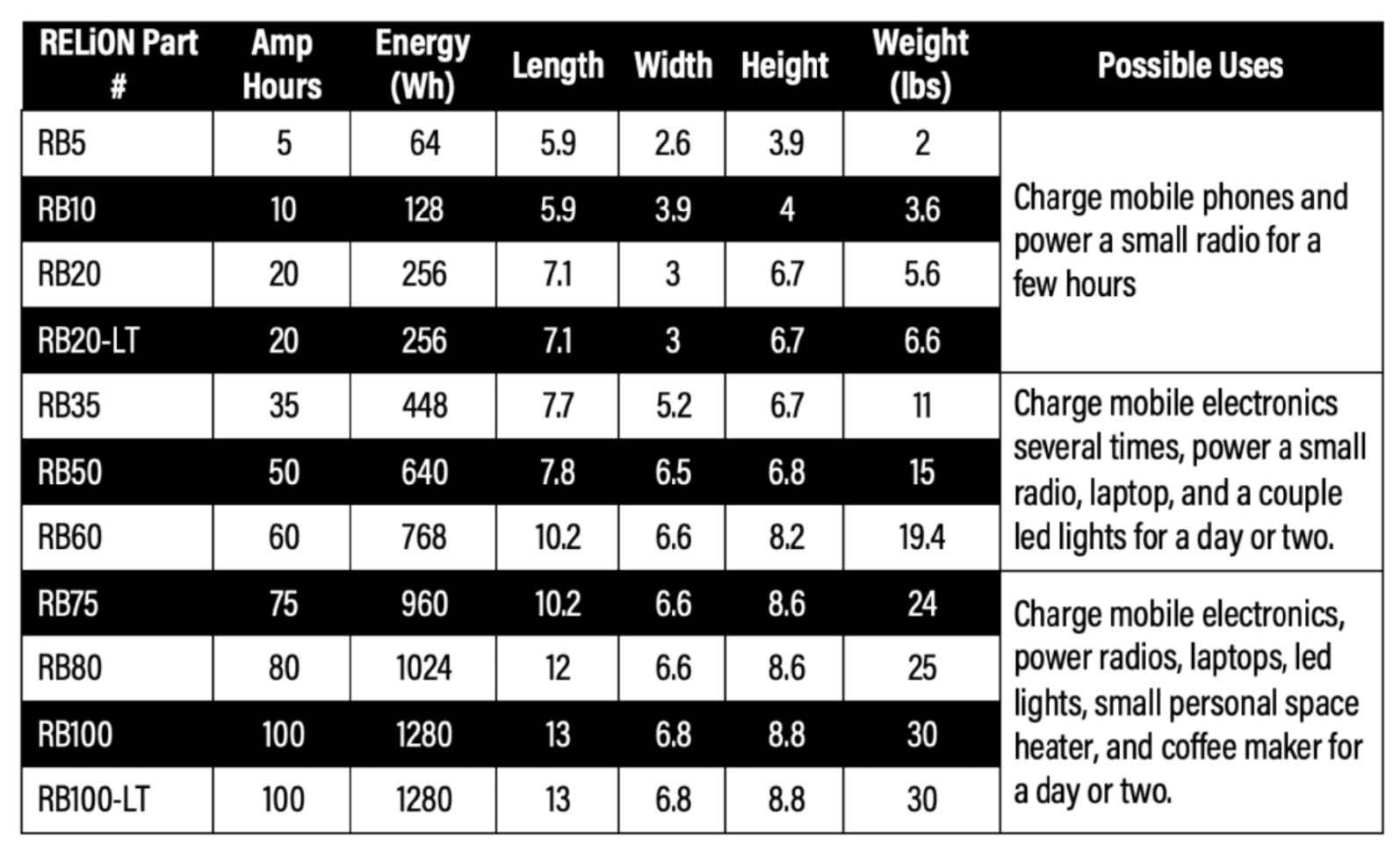
Have Portable Power
As energy-dense lithium battery technology has advanced over the last 10 years, portable power stations have emerged as a useful solution for off-grid power and emergencies. A portable power station is an easily transportable lithium battery that combines a built-in battery gauge, an inverter with AC outlet, and multiple DC outlets to provide power for common devices while you’re off the grid.
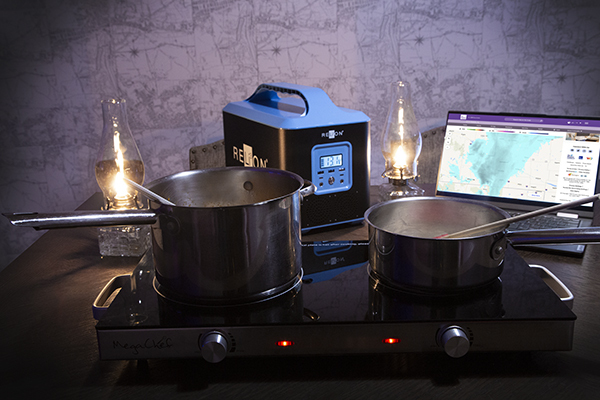
Portable Power Stations
If a lithium battery doesn’t seem to be what you need, the Outlaw® 1072S portable power station could be a good solution as it’s also solar panel compatible. It can be used to charge several appliances and electronics, so you have power on hand without the noise and fumes of a gas generator. Plus, at only 32 lbs., it’s easy to grab and go along with your emergency kit. It can power laptops, a mini fridge, TV, electric blanket, personal heater, and more, at varying times.
How To Store And Care For Your Lithium Batteries
With proper storage and care, you can make sure to extend your battery life to the maximum potential. When you invest in lithium-ion batteries, you’re investing in a battery with life spans that exceed those of lead-acid batteries tenfold. You want your battery life to extend as long as possible to get the highest return on your investment in lithium.
With any piece of equipment, proper storage has an important impact on the lifetime of the battery. Avoiding extreme temperatures is vital to your battery’s life. When you’re storing your lithium-ion battery, do your best to adhere to the recommended storage temperature: 20 °C (68 °F). Careless storage leads to damaged parts and shorter battery life. When you’re not using your lithium-ion battery, store it in a dry place at about 50 percent depth of discharge (DOD) of the amount of energy your battery has used – or approximately 13.2V.
Other Emergency Essentials & How to Store Them
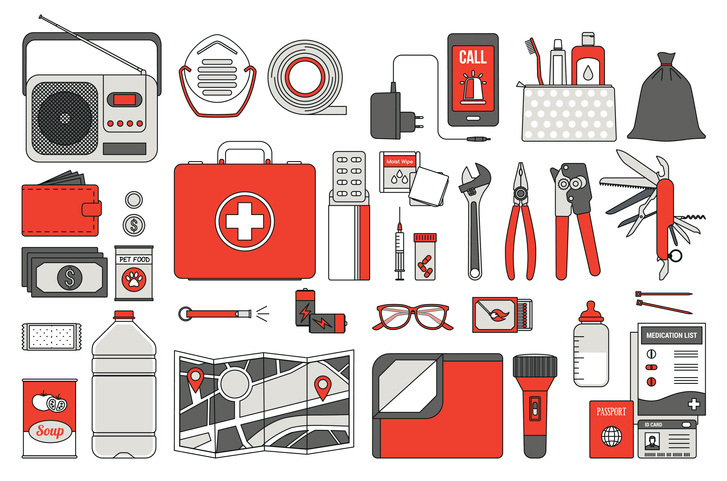
There are many forms of emergencies that come from natural disasters such as earthquakes, floods, wildfires, and more.
If you, unfortunately, endure an emergency and are required to evacuate or shelter-in-place, you will want to have a few other items aside from a RELiON product to help you survive.
Essentials for Your Emergency Kit
- First Aid Supplies (bandages, tape, gloves, gauze, etc.)
- Hand sanitizer and face mask with dust filter
- At least three days' worth of water bottles and food with long shelf-life
- Gloves and/or hand warmers
- Flashlight
- Small hand crank radio
- Whistle
- Moist towelettes
- Duct tape
- Matches
- Poncho or raincoat
- Blanket
While this certainly does not cover everything that you could have in your kit, the items listed above are a good place to start. Should you like to expand your kit, you may add more items for additional preparation. The American Red Cross has a good list of emergency preparedness supplies on its website. We recommend organizing and storing these items within your kit using clear bags or colorful labels in order to easily see what you have. Once your kit is complete, you’ll want to keep it in a cool, dry place where you can easily access it if needed. Make sure to inform others that may need to know the location of the kit within your household. Make a reminder to check items in your kit each year in order to replace any expired items or add things to your kit to fit evolving needs for you or your family.
Planning Ahead
Along with having an emergency kit and backup power, it’s wise to create an emergency plan, so you won’t need to figure things out in the moment, which could lead to chaos. To start drafting a plan, consider the needs of your household – medications or prescriptions required, dietary restrictions, pet, cash, etc., and determine the best or safest places to meet in your home or neighborhood. In addition, you’ll want to store emergency contact information within your phone along with writing it down in a secure location. Then, decide who will take the lead in a crisis. Be sure to occasionally practice with the members of your household and have copies of your plan available to easily review as needed.
Over the past year, the East Coast has experienced a gas shortage, Texas witnessed extreme weather conditions where many lost power for days and other unusual and unexpected crises happened across the globe. When it comes to powering up for the next emergency, keep these items in mind and consider adding a RELiON lithium product to your kit. Curious which RELiON product would be best for you? Contact us and our Tech Experts will be happy to assist.